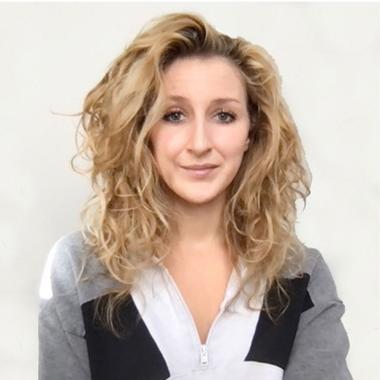
Architecture MArch – 2022
The most stand-out facility is undoubtedly the Fabrication Laboratory (FabLab). You can take lessons in metalwork, woodwork, CNC machines, 3D printers, laser cutting and ceramic workshops. The new digital equipment enables design and fabrication processes, including ABS and plaster 3D printing, CNC knife cutting, large-scale CNC routing, CNC metal milling and robot fabrication.
Why did you choose the University of Westminster?
After completing my undergraduate degree, I wanted to go to a different university that had both the conceptual side of the course, but also the technical and digital aspects I felt were missing from my previous studies. After visiting several universities, Westminster stood out to me for numerous reasons. I was very impressed with the fantastic model-making facilities and the Fabrication Laboratory (FabLab), which is an excellent facility that most institutions don’t offer. It is equipped with flexible computer-controlled tools, covering a wide range of scales, materials and processes.
How has your experience been studying in London?
Studying in London has been an unusual but exciting experience, mainly because most of my studies occurred during the pandemic. Fortunately, the University has been incredibly supportive, and I even had the rare chance to explore the city without the usual crowds. In terms of studying architecture in London, there is so much inspiration and history on your doorstep, which would be impossible to experience anywhere else.
What have you particularly enjoyed about your course?
The course is two years long, and you have the chance to experiment during your first year without any risk to your final Master's grade. One of the highlights of my first year was the Digital Design module. It was a fantastic opportunity to push and test my digital skills in many ways, such as parametric architecture, which will significantly increase my future career prospects.
How have you found academic support as part of your studies?
The academic support has been brilliant! Many precautions are in place for students to easily access the help they need and maintain their wellbeing. There are course representatives, who communicate any concerns students might have to the module and course leaders, and from the positive changes made last year, we can see this has been a successful method. The lecturers are patient and understanding, always trying to make the course more worthwhile and enjoyable. They are open to discussing any issues you may have and do their best to help. We also have a separate personal tutor to turn to for additional support regarding personal or academic problems.
Are there any stand-out facilities associated with your course?
As mentioned before, the most stand-out facility is undoubtedly the Fabrication Laboratory (FabLab). You can take lessons in metalwork, woodwork, CNC machines, 3D printers, laser cutting, and ceramic workshops. The new digital equipment enables design and fabrication processes, including ABS and plaster 3D printing, CNC knife cutting, large-scale CNC routing, CNC metal milling and robot fabrication.
Tell us about any activities that you have undertaken outside of your course
Due to the pandemic, this has been more difficult to experience; however, living within the student accommodation last year, I participated in weekly online activities such as quizzes, movie nights, cooking and art classes. It was a great opportunity to interact with others and feel less isolated during the pandemic. I also entered a competition last year hosted by FabLab, and I even won a few prizes.
What's the best aspect of being a University of Westminster student?
After my undergraduate education at another university, I was left feeling very stressed, thinking that my work wasn't good enough. After attending Westminster, I feel excited to pursue a career in architecture again; and my work has improved significantly. The support and feedback I received from my tutors helped me realise that while challenging, architecture can also be rewarding, and you can achieve good quality work while maintaining a healthy work-life balance.